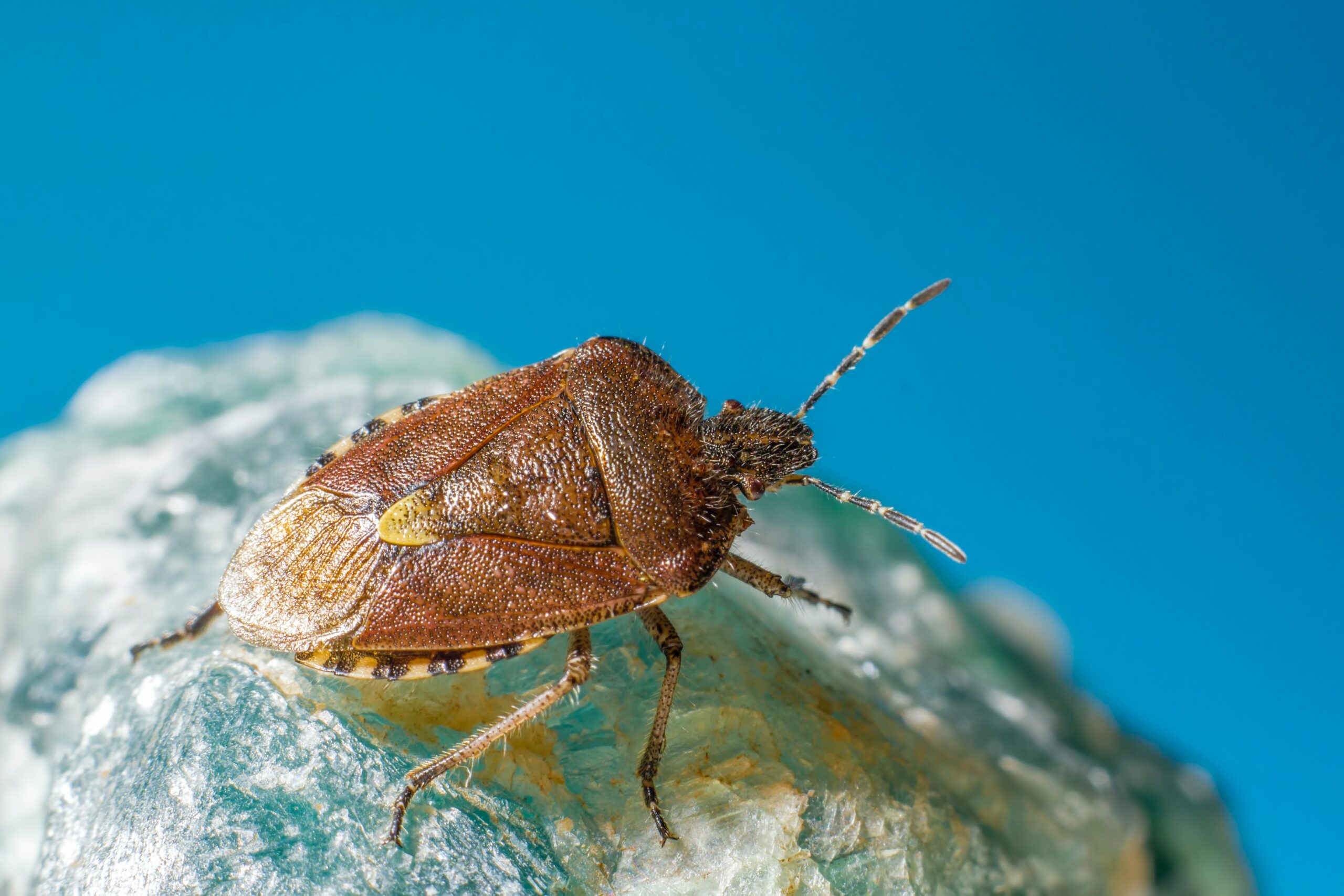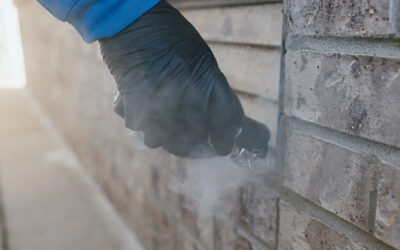
Which pests ruin my garden?
In Oklahoma and Arkansas, gardening is one of the most enjoyable and rewarding outdoor activities. An invasion of pests coming along to ruin the garden is something no one wants to see. Any would-be gardeners would be wise to study up and become familiar with the types of pests who plague gardens, including signs of infestation and strategies to prevent and address problems with any of the following bothersome critters.
Types of garden pests:
Aphids: Aphids reproduce very quickly, making this common garden pest a tricky one to control once it has established a population. This is due in part to the fact that aphids give birth to live young, who then spread about an area with remarkable speed. Aphids are happy to feed on almost any kind of plant, from veggies to flowers, trees, and shrubs; they are true vegetarian omnivores of the pest community. Aphids are tiny insects, with soft, pear-shaped bodies that can be green, brown, black, yellow, white, or pink in color. Both young and fully-grown aphids take nourishment by sucking on plant sap, which causes the insects to secrete a sweet, sticky substance called honeydew. Aphids scatter this substance all around wherever they ingest plants, which means it may be found on stems or leaves of plants, on your patio furniture, or even on your car windows. Finding honeydew residue is a sure sign of an aphid population living in your garden.
Squash bugs: Squash bugs are a voracious pest that can decimate your squash crop. They especially love yellow squash and pumpkins. When they pierce your squashes and gourds with their piercing mouth parts in order to suck out the plant juices, they also cause damage to the plant because they inject a toxic substance that causes vines to wilt and, usually, die. Squash bugs are over half an inch long, with flat backs, broad bodies, and a brownish color. Females lay eggs on the undersides of leaves, where the young squash bugs, called nymphs, will continue to live after they hatch. The easiest way for a small-scale gardener to control squash bug populations is to hand pick them and their egg clusters.
Stinkbugs: Similar to squash bugs, stinkbugs also have piercing/sucking mouth parts that they use to suck the sap out of garden plants. They are about the same size, although they have a distinctive triangle or shield shaped section on their backs. They are related to squash bugs, and females also lay their eggs on the leaves of host plants. Unlike squash bugs, you won’t want to hand pick stink bugs. They give off a nasty odor when disturbed or especially when killed, so you’ll want to dispose of them carefully. One way to catch adult stinkbugs is to leave a melon rind out in your garden overnight, which will draw them, then you can collect and exterminate them in the morning.
West Termite, Pest & Lawn is ready to help you protect your garden. Call today!
More posts from West Termite, Pest & Lawn
Pestproofing Entry Points Before Spring
As spring approaches in Arkansas, homeowners face an increased risk of pests seeking warmth, food, and shelter. Many infestations begin with small, unnoticed entry points that allow insects, rodents, and other pests to move indoors. Pestproofing your home before the...
Early Spring Termite Activity in Arkansas
As Arkansas begins to warm in early spring, homeowners may assume termites remain dormant until the summer months. In reality, spring termite colonies can become active much earlier, especially as soil temperatures rise and moisture levels increase. Subterranean and...
Preparing Your Home for Early Spring Pests
As winter fades and temperatures rise in Arkansas, homes become vulnerable to a fresh wave of early spring pests. Early spring is a critical time to take preventive action because insects, rodents, and other pests start emerging from dormancy, seeking food, warmth,...



